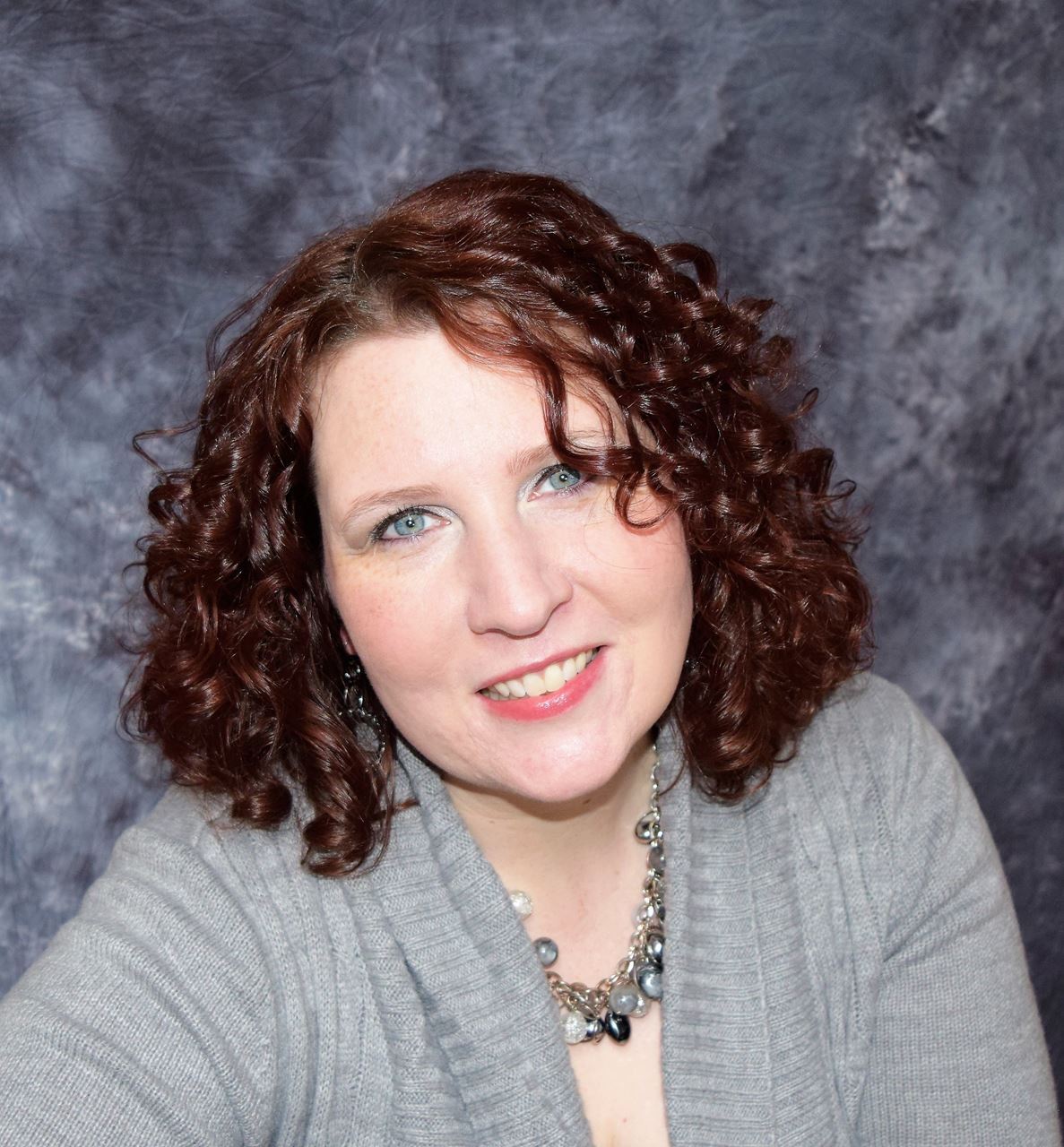 By: Jennifer Blankenship, Licensed Independent Social Worker, Board Certified Behavior Analyst, and experienced Food Allergy Mama.
By: Jennifer Blankenship, Licensed Independent Social Worker, Board Certified Behavior Analyst, and experienced Food Allergy Mama.
Her private practice, North Star Family Guidance, LLC, is located in Chagrin Falls
When you have a child with any condition that makes eating or swallowing difficult, some level of worry is to be expected and even helpful. However, more pervasive feelings of worry can produce unhealthy amounts of anxiety. Here are several ways to assist your child:
- Be careful with your words and the way you talk about your child’s condition. There is a big difference between, “It’s so hard for him and I worry all the time.” versus “He does have a lot of options and he knows how to keep himself safe.”
- Externalize the problem: Have your child think about what her anxiety looks like. Draw it and give it a name. Teach her to talk back to anxiety when necessary. Some kids prefer a stronger approach, such as “Stop it! You are not the boss of me!” while other kids prefer an approach of gratitude, such as “Thank you, Anxiety, for trying to keep me safe but you have done enough. I know just what to do!” Talk over each approach with your child and see which one feels the best.
- Get your child in the kitchen: Develop lists together of all the foods he can and will eat. Include him in the process of preparing food, creating some excitement if you can. Search new recipes together, try new spices, take a trip to the farmer’s market, pick your own berries, etc.
- Most importantly, learn to manage your own anxiety. Children are incredibly perceptive, so if you are radiating waves of anxiousness, it is very unlikely that your child will feel calm and in control.
Remember that anxiety can serve a purpose. It starts as a worry that is designed to keep us and our children safe. However, anxiety is worry that just gets carried away, and the best thing to do is stop it from gaining momentum by refusing to give it control. If you are feeling that anxiety has too much control over the life of you or your child, please seek help from a professional counselor.